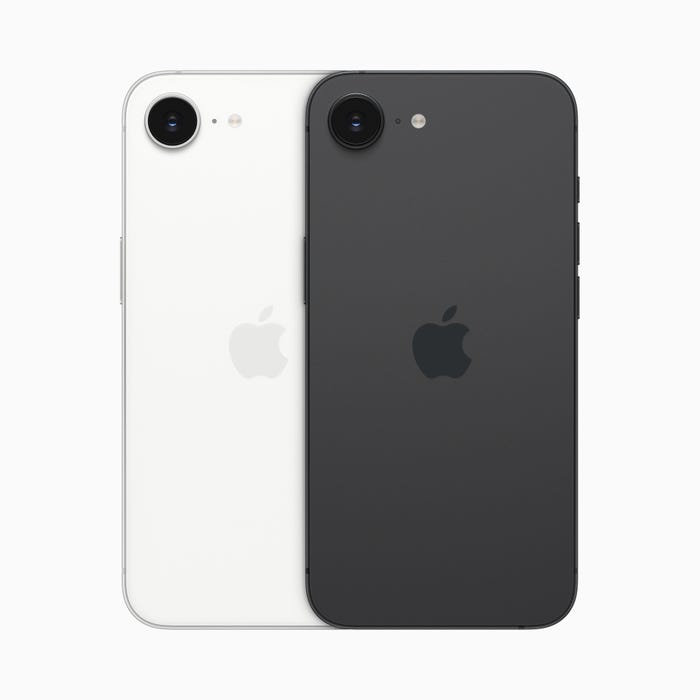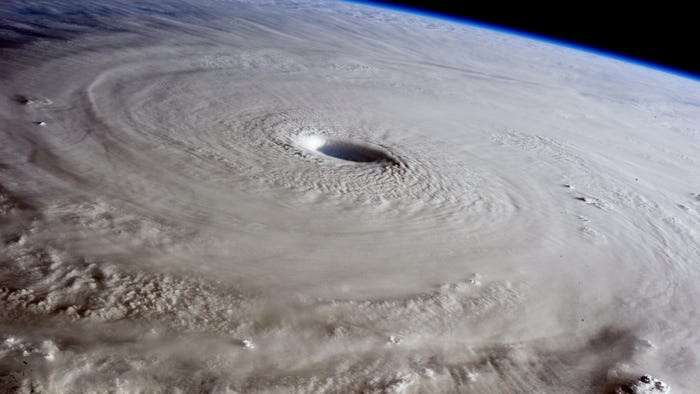German Huawei ban to cost €2.5B and take years, no thanks to EUGerman Huawei ban to cost €2.5B and take years, no thanks to EU

Huawei’s European empire is slowly crumbling. Ejected from smaller markets such as Sweden and left to gradually rot in bigger ones like the UK, the controversial Chinese equipment maker now faces the prospect of a comprehensive EU-wide clampdown on the use of its products. Thierry Breton, a former telco boss who now works as the EU’s internal market commissioner, sounds unimpressed that national governments have paid little heed to previous admonitions about Chinese suppliers – described as “high-risk vendors” (HRVs) in EU paperwork. Only seven countries had imposed “the necessary restrictions,” he fumed in February. “This is not enough.”
The most egregious offender is Germany. While companies there have taken steps to remove Chinese products from the sensitive “core,” the control center of the network, each of Germany’s big three mobile operators – Deutsche Telekom, Telefónica and Vodafone – continues to source radio access network (RAN) products from Huawei. The dependency is laid bare in reports by Denmark’s Strand Consult. Fifty-seven percent of Germany’s 4G RAN equipment was supplied by Huawei back in 2020, it previously calculated. By the end of last year, as much as 59% of the installed 5G equipment also came from the Chinese company.
The cost of replacing it now would run into billions of euros, according to a Barclays research note obtained by Light Reading. Its own estimate is that operators use Huawei across about 50% of their cell sites, which would equate to 46,000 sites in total. (Deutsche Telekom operates about 38,000 sites, according to Barclays, while Telefónica and Vodafone each maintain 27,000.) Putting replacement costs at about €50,000 (US$54,200) per antenna, Barclays reckons Deutsche Telekom would face a bill of €1.1 billion ($1.2 billion) to evict Huawei and that Telefónica and Vodafone would each have to spend about €700,000 ($758,750). To Light Reading, those estimates look conservative.
German reluctance to switch is partly economic and partly about the lack of supplier alternatives. Formally banning Huawei could elicit a trade response from China, hurting German carmakers and manufacturers of machine tools. China ranked as Germany’s “largest trading partner for goods in 2022,” according to an April statement issued by Germany’s foreign ministry, which puts the volume of trade with China at nearly €300 billion ($325 billion).
As for the alternatives, only Sweden’s Ericsson and Finland’s Nokia currently measure up as viable suppliers of 2G to 5G products. Concerned about the prospect of a post-Huawei Nordic duopoly, operators have been trying to cultivate smaller rivals. A concept they back called open RAN is designed to support interoperability between vendors of different RAN components, allowing product specialists to compete. But it “does not yet allow for immediate large-scale deployment,” said Deutsche Telekom as recently as February. One of the latest concerns to emerge is that its current specification is ill-equipped to handle massive MIMO, an antenna-rich 5G technology needed for busy areas.
To read the complete article, visit Light Reading.



